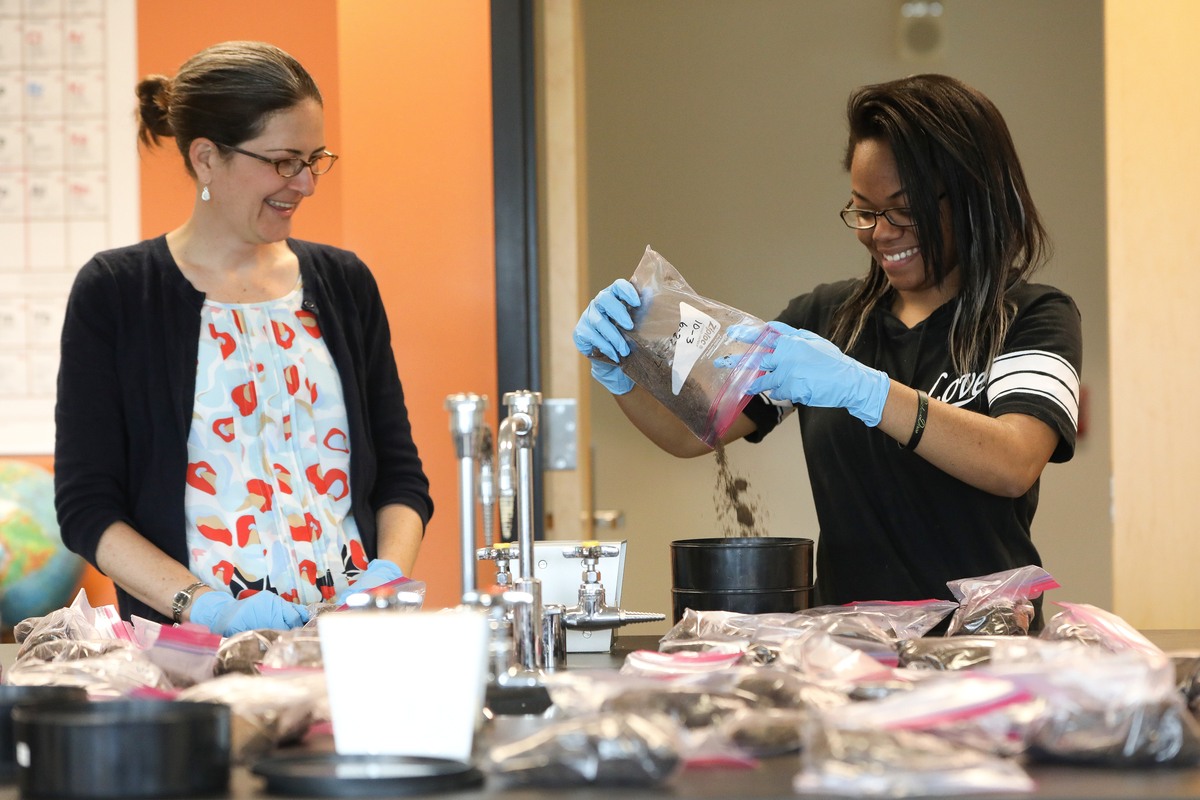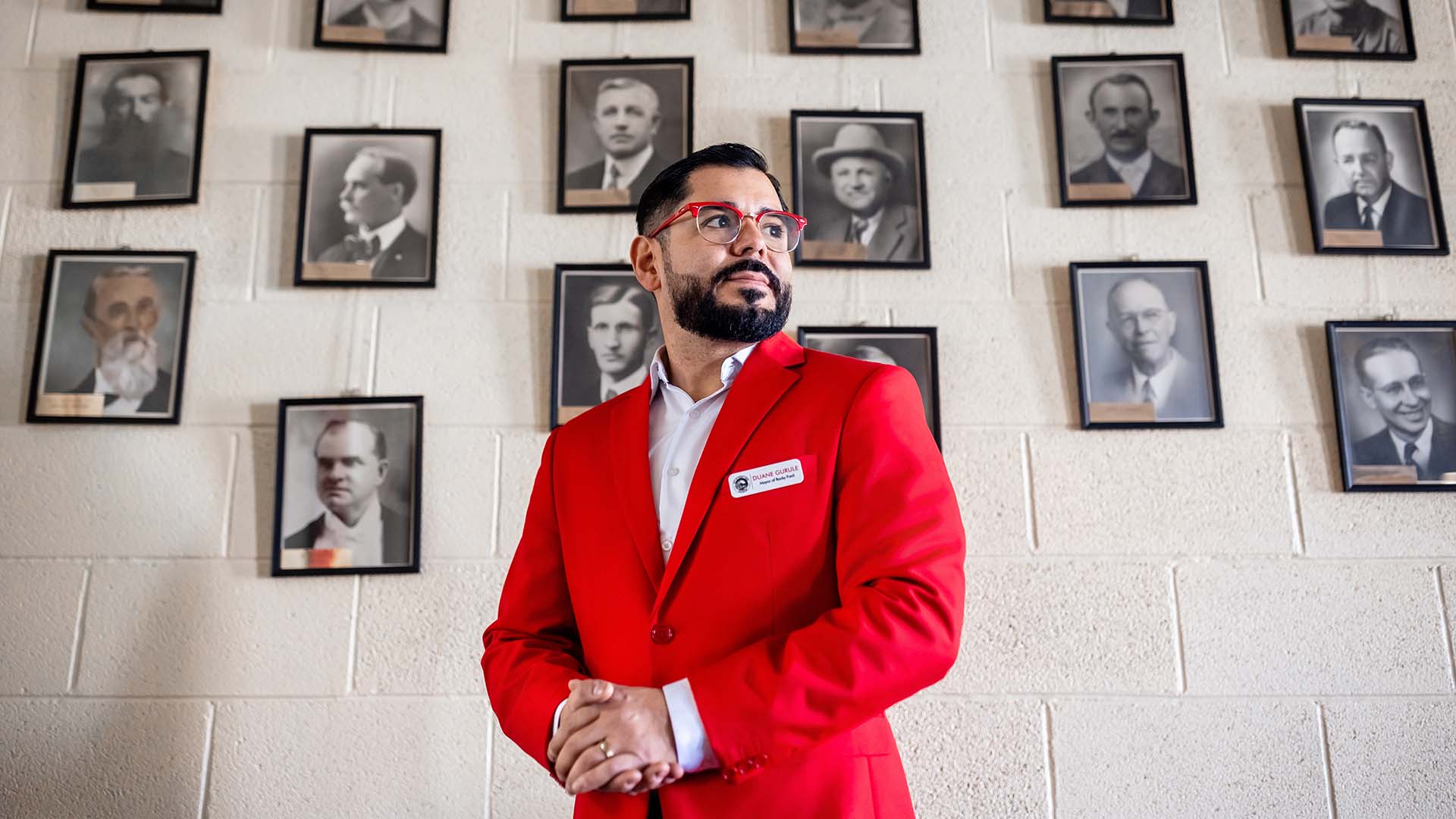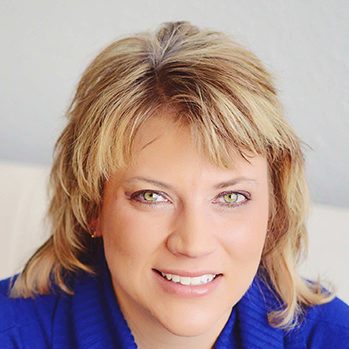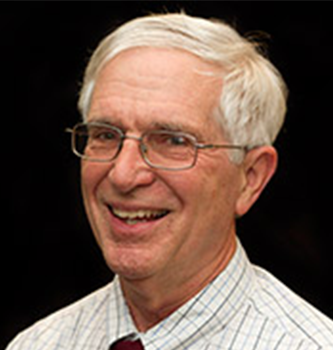A job and a strong start? College Works for that.
Campus program partners with governments and companies for access-driven workforce transformation.

Imagine you’ve just been accepted to college.
After the initial excitement fades, you’re probably flooded with questions: What do I do next? How am I going to pay for this? Who can help me figure it all out?
Those are concerns the newly expanded College Works program at MSU Denver has proved overwhelmingly successful in answering. The groundbreaking employment-based summer bridge effort is a partnership among local governments, industry and the University to help lower-income students gain access to and succeed in higher education.
The results speak for themselves, too: Of the 10 students who began last year’s pilot program intending to continue at MSU Denver, nine have enrolled in classes for the fall semester.
That’s a retention-driven recipe for success – and program growth.

“The whole premise was asking what the barriers preventing accepted students from attending MSU Denver were,” said Will Mellion, Ph.D., associate director of college completion. “If you have a job on campus already, it helps remove that fear around whether or not you’ll be able to place into a work-study position for the upcoming semester.”
Breaking down barriers
For Erika Loya, the program helped her find a path to success at MSU Denver. The criminal-justice major was part of the initial College Works pilot program and will be heading into her second year as a Roadrunner.
“When I started, I had questions – I was living by myself and didn’t know how to pay for college,” she said. “[College Works] definitely has helped me become more successful.”
Throughout the program, students also take part in peer-led college-readiness and career-development workshops covering résumé writing, cover-letter construction and mock interviews. The academic and social integrations result from comprehensive student support that includes the foundational significance of campus-based work.
“Placing students in areas of interest helps break down barriers,” Mellion said. “If you know someone in the department when you begin, as opposed to further down the road, it can validate your chosen field and ultimately help you succeed.”
Employed with the Student Academic Success Center, Loya now pays it forward by helping other students connect with tutoring and support that helped her find her footing.
“I know the resources and where to go now,” she said. “I like helping people and feel confident heading into the next year myself.”
Partners in success
Summer bridge programs are a well-proven way to help students ensure they’re starting their college journeys on solid ground.
MSU Denver kicked off College Works last year as a trial partnership between the University and the City and County of Denver, identifying admitted students who meet eligibility criteria for such programs as Pell grants, free/reduced lunches and SNAP (Supplemental Nutrition Assistance Program), matching them with summer positions across the community related to their intended areas of study.
By creating jobs, these students get applied engagement that pays them – a win-win-win.
“We’re connecting dollars already there in the counties to provide employment opportunities,” said Lauren Koppel, coordinator of Scholar Success and Leadership. “It’s a pretty entrepreneurial program that helps address equity gaps.”
One College Works partner is Goodwill Industries. Long a proponent of job and career development, the organization was a natural mission-based alignment for employment, Mellion said.

In addition to expanding in Denver, this year’s iteration also extended to include Adams County.
“It was a perfect fit for us,” said Brett Schager, business-development representative for the youth team of the Adams County workforce and business center. “With these kinds of work-based learning opportunities, we’re excited about serving students and helping to get them into – and through – college.”
Schager says the employment-based bridge program fits right into applied efforts such as internships, job shadowing and apprenticeships. The county facilitates payment to the job locations to encourage employers to provide experience for younger populations.
In addition to skill-building, students gain exposure to areas they might not have considered, further addressing the growing employment needs of the region. And by focusing on underserved populations, College Works ensures that those most in need have a leg up on higher-education success.
“Students might not have role models to help them navigate admission, enrollment and finances,” Schager said. “We also know there are gaps in enrollment and finishing postsecondary education, but efforts like this are great steps in closing them.”
For more information on College Works, contact Will Mellion or Lauren Koppel.







